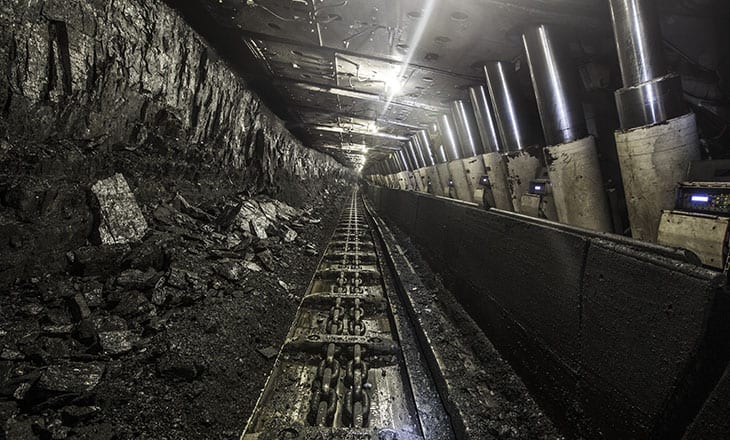Occasionally small headlines that seem insignificant actually reveal much larger insights into what might be transpiring behind the scenes. Such may be the case after the government of a small country like Abkhazia pulled the plug on fifteen mining operations within their borders. This event, while apparently isolated, is indicative of growing pains within the crypto ecosphere that may be the real reason why cryptocurrency valuations have taken such a nosedive of late.
First, the facts – Per its announcement, Chernomorenergo, the state electric utility of Abkhazia, cut power to fifteen facilities that were using enough power to support the electricity consumption of 1,800 households. The cuts were described as “temporary measures to limit the consumption of electricity by certain categories of subscribers.” The utility also noted that, after its actions, the “owners of the mining farms showed understanding and collaboration.”
Although seemingly a distant event, electric utilities across the globe have had to confront this same issue on a daily basis. Miners are often called the auditors of the blockchain process, an extremely important component, some even say the backbone, of an overly complicated process. It is capital intensive, very competitive, and consumes power on an inordinately large scale.
As soon as one moves into this domain of cryptography, 64-digit-hexadecimals, and complicated hash-tag totals, the ability to make simplistic explanations about mining operations is strained beyond the capacity of most all of us to understand. Suffice it to say that regulators and government officials in all jurisdictions have expressed growing concerns about the excessive power consumption required to run crypto networks.
Per one report:
During Bitcoin’s explosive growth in 2017, mainstream media outlets published a raft of alarmist articles comparing Bitcoin’s energy consumption to countries including Ireland and Nigeria. With a majority of the world’s governments committed to combating climate change, the energy-intensive mining process is a huge black mark against cryptocurrency’s long-term viability.
After further reflection, it has come to light that the crux of the Bitcoin Cash “civil war” revolved around competing mining interests attempting to exert their power over the network for personal gain, a new downside within the crypto infrastructure that Satoshi Nakamoto never anticipated. The group entrusted with consensus management now appears susceptible to avarice-based actions in the marketplace.
It may come down to just money:
The fallout of the Bitcoin Cash hash war has deepened an already-entrenched cryptocurrency bear market. As the value of Bitcoin and other cryptocurrencies has fallen, so too has the profitability of mining operations. Bloomberg reports that 24% of Bitcoin miners have ceased operation since August. This has accelerated since the Bitcoin Cash SV drama, with as many as 800,000 Bitcoin miners shutting down over the past month.
Miners, who have notoriously hoarded minted coin rewards for the long haul, now find their operating margins creeping below acceptable levels. According to recent reports, mining revenues may have been up in 2018, but with very little in the way of profits to show for them. Alarm bells were also sounding when it was reported that Chinese miners in December were “the biggest short sellers of Bitcoin both locally and internationally.” Hoarders are suddenly hedging their positions due to market risk.
The good news is that there are alternatives to the current process that are both under development and being tested in live situations. It may be a timeworn phrase, but if Bitcoin and its altcoin brethren are to thrive, something has got to give.
